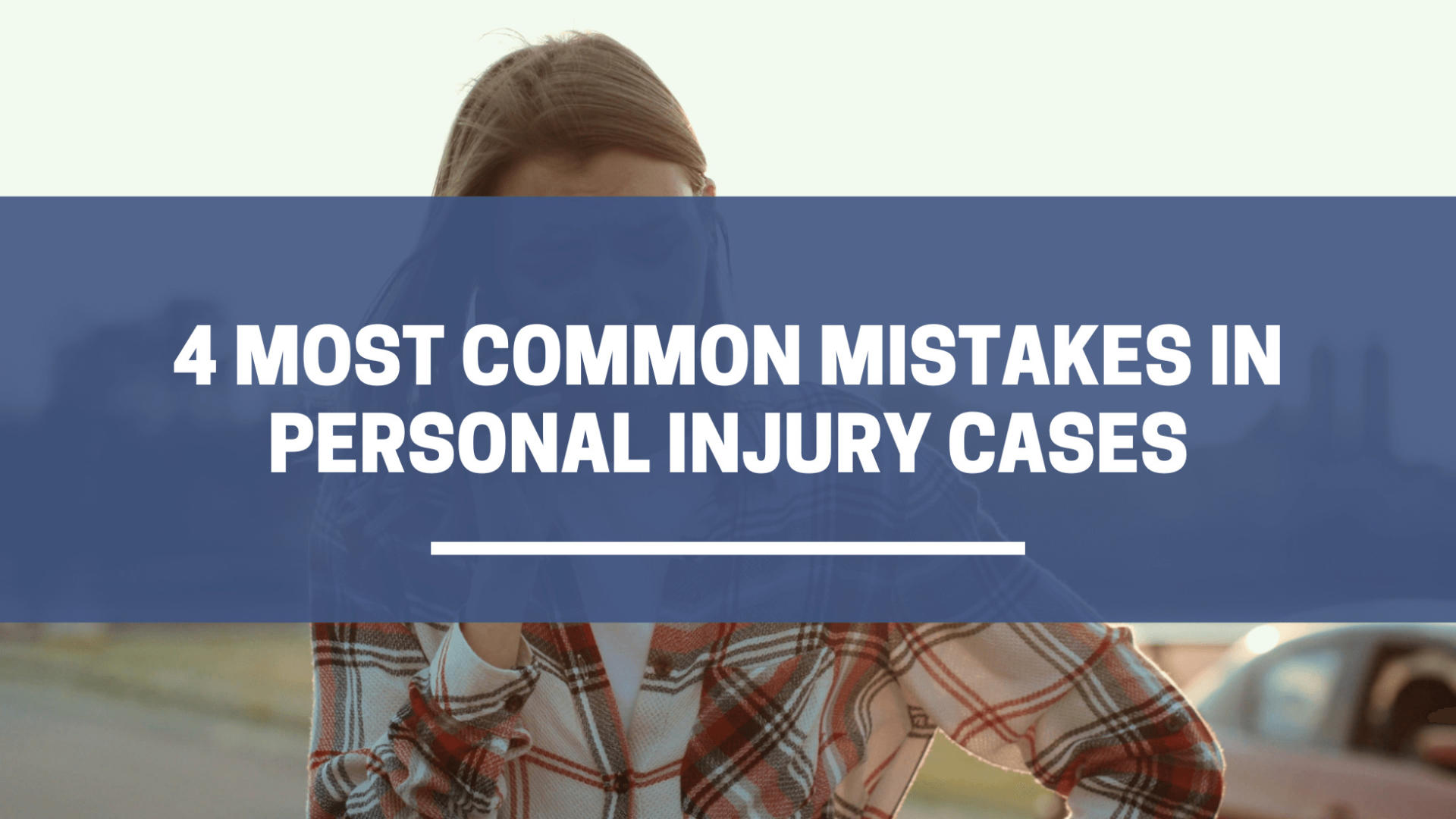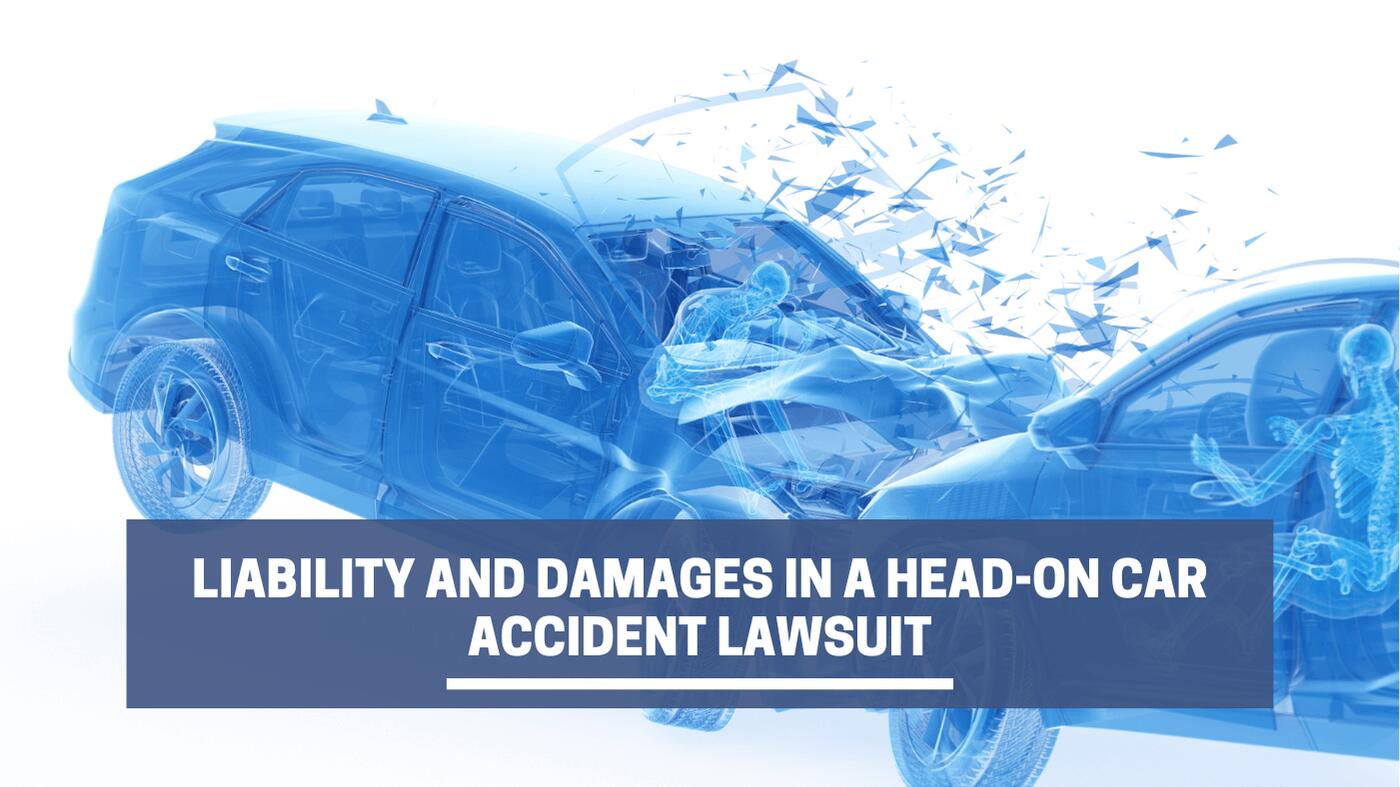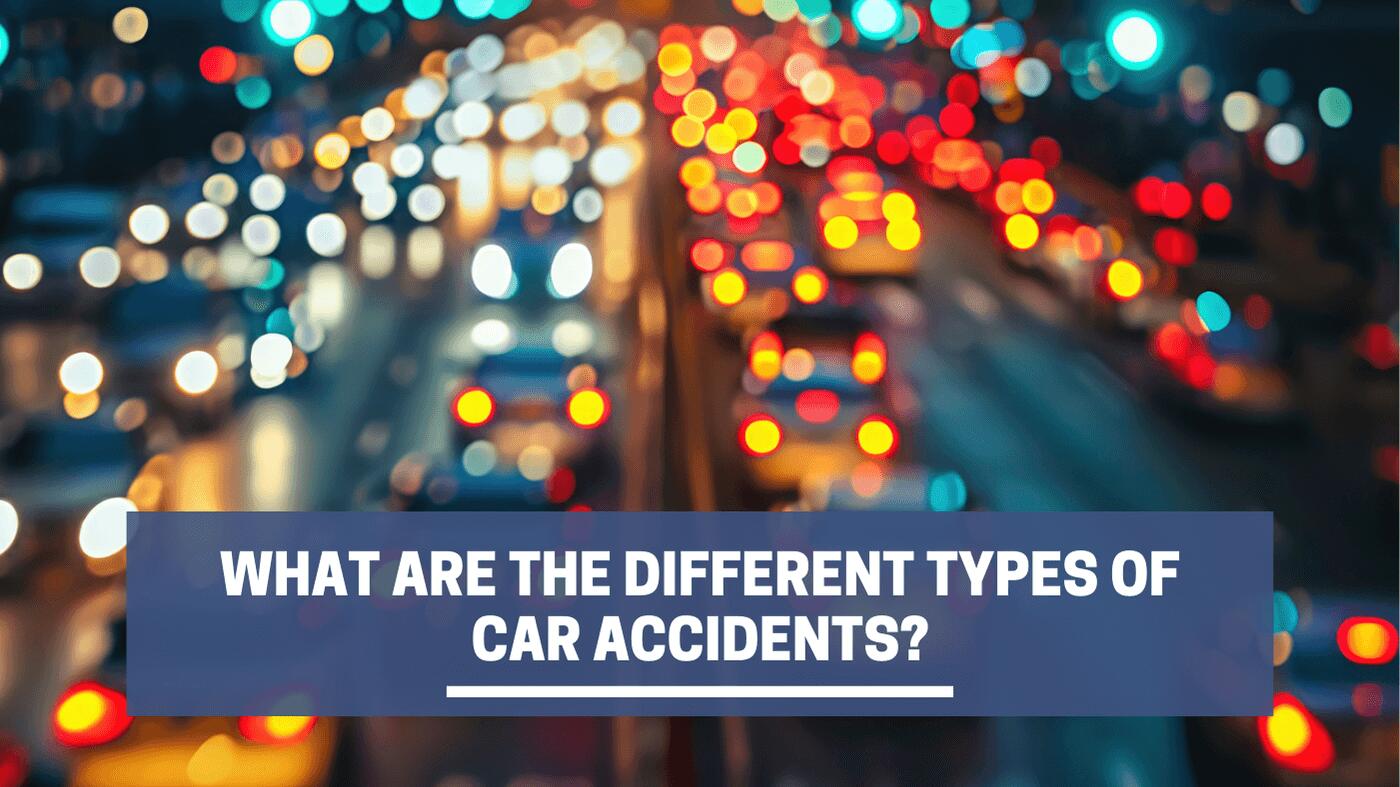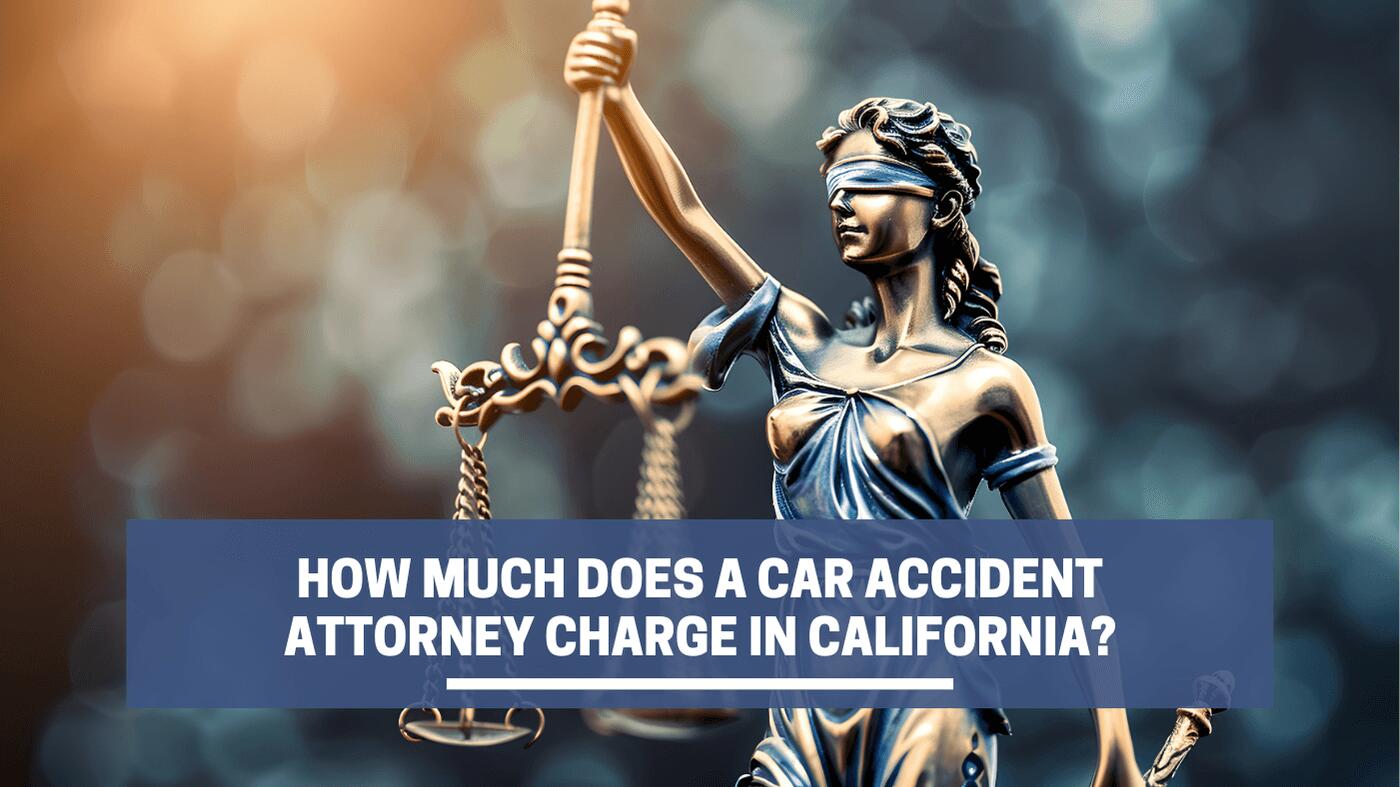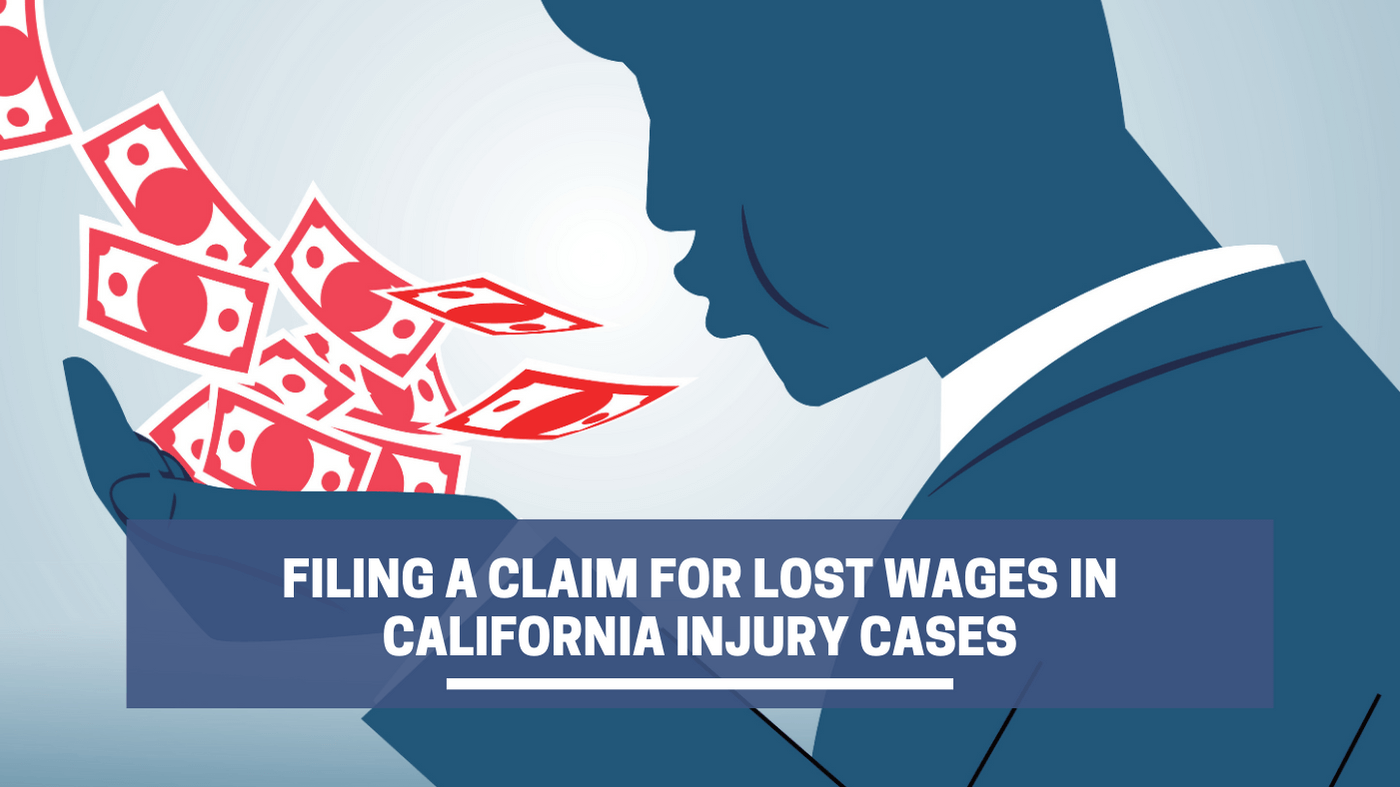If you suffer a personal injury due to another’s negligence, such as a car accident or slip-and-fall, you can seek compensation through a personal injury claim. As a personal injury victim, your actions after an accident impact your ability to receive a fair settlement for damages.
Working with a personal injury lawyer from The Shirvanian Law Firm can help you understand how to protect your right to financial compensation by avoiding actions that can hurt your personal injury claim.
Learn four common mistakes in personal injury cases that can reduce your compensation and what actions to take instead.
1. Avoiding Medical Treatment and Not Keeping a Record
Getting medical attention immediately after an accident is vital to your case. Small bone breaks, fractures, and soft tissue injuries can go undetected due to adrenaline and shock. More serious issues like Traumatic Brain Injuries (TBIs) may not show symptoms for hours or days after your accident.
Getting immediate treatment ensures you receive the medical care you need for your injuries. However, it also supports your personal injury claim if you file for compensation.
Insurance companies use medical records, such as hospital bills, rehabilitative care plans, and prescription receipts, to determine the severity of your injuries. Without medical records to support your claim, the negligent party’s insurer may refuse to pay the compensation you need to recover all the costs of treating your injuries.
After your accident, visit your doctor for an examination to assess and treat your injuries. Your doctor can ask questions about the accident to determine the cause of your injuries, treat your symptoms, and order imaging tests such as MRIs and CAT scans to check for internal injuries.
Disclose all details concerning your injuries to your doctor and follow through with your provider’s treatment plan. These actions can help your attorney prove your injuries and associated financial expenses.
After a personal injury, collect the following medical records and share them with your attorney:
- Photos of bruises or lacerations
- Ambulance and paramedic records
- Emergency room or clinic records
- Prescription records
- Medical diagnosis and prognosis
- Imaging test results
- Additional medical consultations
- Follow-up appointment records
- Medical bills for all treatments
Medical records can also include recommendations for future medical treatments, such as physical therapy and rehabilitation. Using these records, your attorney can estimate future healthcare costs for your personal injury settlement.
2. Failing to Report the Accident to the Authorities
If you suffer a personal injury, report the accident through the appropriate channels. Making a formal report to the police, a property owner or manager, or rideshare company ensures that the authorities acknowledge the accident and provides a record your attorney can use for your case.
For example, if you sustain injuries in a slip-and-fall at the grocery store, report it to the store manager. You may fill out an incident report that details what occurred. This creates a paper trail of the accident and demonstrates the store manager acknowledges the incident.
If you are in a car accident, report the accident to the police. You must notify the California Highway Patrol within 10 days of any crash that results in injury or death. Your attorney can use the police report from your crash to bolster your personal injury claim.
For a rideshare accident, report the collision to the rideshare company. For instance, Uber encourages passengers involved in an accident to file an incident report. You should also report a rideshare accident to the police so they can create a car accident report.
3. Sharing Information About Your Accident on Social Media
After an accident, avoid posting anything on social media, including pictures or statements regarding your case or personal status updates. The negligent party’s insurance company may look for your accounts on Facebook, Instagram, and other social media networks to find posts they can use to undermine your personal injury case.
For example, your claim may state that you suffered a broken arm in a slip-and-fall accident. If you post a picture of yourself going to a park or gym, they can use it to reduce or deny your claim because your injuries were not as serious as you claimed. They can also use statements you make, such as saying you feel bad for the other driver in a car accident, as an admission of guilt.
Do not post anything on social media, including reviews and comments on other people’s pages. Set your social media accounts private during your case, so no one except your friends can see them. Ask your friends and family to avoid making posts about you until you settle your case.
4. Not Contacting an Attorney Before Negotiating Your Personal Injury Settlement
If the insurance company contacts you regarding your case, do not engage in conversation or accept a settlement without the help of a skilled attorney. If you speak with the insurer independently, they may use any statements you make to deny your claim.
For example, if you say that you are doing “okay,” they could use that to say that your injuries are not severe and reduce your claim.
The insurer may also try to offer you a lowball settlement for your claim. Do not negotiate with the insurer or accept their initial settlement offer without the help of your attorney.
A personal injury lawyer will represent your interests and negotiate with the insurance company. They can give you an accurate estimate of your economic and non-economic damages so you understand a fair settlement offer. These damages include:
- Medical bills
- Property damage
- Lost wages
- Loss of enjoyment of life
- Pain and suffering
Your lawyer will negotiate with the insurer using evidence such as your medical records, W-2s, mechanic repair bills, and expert testimony to show the severity of your damages and their impact on the quality of your life.
The Shirvanian Law Firm Can Help You with Your Personal Injury Case
The Shirvanian Law Firm can help you with your personal injury case. We can help you file a personal injury claim and seek damages for your personal injury incurred from a trip and fall, construction, or vehicle accident. We will investigate your case, collect evidence, and negotiate with the insurance company for maximum compensation.
Contact The Shirvanian Law Firm today to schedule a free consultation for your case.







